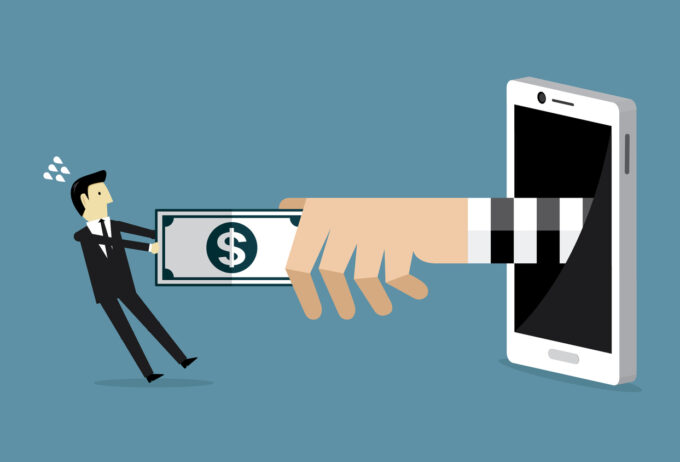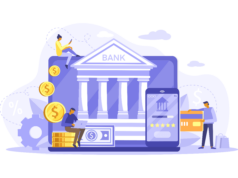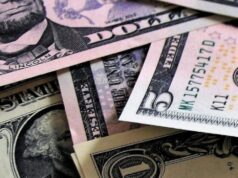New investors may tend to quickly sign up for a trading platform before doing enough research. Unfortunately, this can increase the risk of working with a fraudulent company. The fraud may not be realized until the novice attempts to withdraw funds. Here, Daniel Calugar, a financial investor with a background in business, finance, law, and computer science, explores the six most prevalent signs of fraud associated with binary options.
Financial options that come with one of two payoff options — a fixed amount or nothing at all — are called binary options. It is a simple yes or no proposition: Will an asset be above a certain price at a specific time or not?
As an indication of the level of fraud associated with binary options, investors should note that the U.S. Securities and Exchange Commission’s Investor.gov website features the following warning, “Much of the binary options market operates through Internet-based trading platforms that are not necessarily complying with applicable U.S. regulatory requirements and may be engaging in illegal activity. Investors should be aware of fraudulent promotion schemes involving binary options and binary options trading platforms.”
Although risky, investing in the future movement of certain assets such as gold, stocks, and markets can be profitable. The key to profitable trading is knowing the asset. The more research you can do, and the better you understand the current influences on the asset, the more likely you will make a wise investment. Watch for these signs to help avoid getting fleeced by a fraudulent scheme.
None of the following indications of possible fraud are conclusive evidence by themselves. While the presence of any of these signs can indicate deception, the existence of more than one should cause great concern.
1. Unsolicited offers

We are sure that at least once you received a phone call that was suspicious or you received an email that seemed attractive enough but was full of errors, unrealistic offers, and a great deal of suspicion. Add to that the fact that they offer you something you do not need and something that you have not searched for or considered to buy. As a general rule, many wise consumers refuse to buy anything they haven’t requested. This precaution is especially true for binary options. An unsolicited email or phone call attempting to sell you something you have not asked for indicates that a fraudster is targeting you. By targeting themselves, they treat you as a target that is morally deceptive. So avoid situations that could endanger you, your budget, and your property.
2. High-pressure salespeople

Have you ever considered how many times you have entered a store where the seller was selling you something in a suspicious way and with a lot of pressure on you to buy the thing? We are sure that this has happened to you at least once. Those points of sale have pointed out favorable conditions, favorable prices, and a method of payment that is too dubious. You need to be careful, however, everything that is sold should not be bought because as attractive as it may seem, it is very likely to be a scam. If someone is selling a valuable product or service of any type, there should be no need for high-pressure tactics. The more pressure you feel to act, especially to act quickly, should be a warning that the exchange will not be favorable for you.
3. Requests for personal information

It is rare to ask for personal data when buying a product or using a service. True, this can be bypassed-but not unless you’re a techie who knows what he’s doing. But there are also sellers and outlets where it can happen that for the smallest and almost unnecessary product to request data such as transaction account number, place of residence, credit card number, etc. Such incidents are just a big scam and you need to be careful. Personally Identifiable Information (PII) is valuable on dark markets. Fraudsters will sometimes ask for more information than they need so they can sell that information creating additional risk for the trader.
4. Unauthorized charges

Before any transaction online or at a point of sale, it would be good to make security settings and changes to your bank card. We say this because there are a number of cases in which cardholders complain that someone is taking money from their card without any permission, and that is not themselves. Be careful why fraudsters are all around us and can easily deceive us through pre-established schemes. If you engage in an options trading activity using a credit card, watch for additional unauthorized charges on that account. Fraud schemes often include fleecing the victim in more ways than one. Not only could the transaction be rigged for you to lose, but additional losses can occur from unauthorized fees.
5. Website based

Only if you are careful will you be able to protect yourself. For this, you need to make security checks which are of great importance for the security of your card, and thus your budget. Legitimate trading companies use websites for convenience, but watch for binary option trading firms that only use a website. Using only a website is a common tactic for concealing the country of origin and insulating fraudsters from legal prosecution. Use the Commodity Futures Trading Commission’s (CFTC) website to see if the binary options trading platform is legitimate.
6. Unverifiable SEC registration

Before making any transaction through a web page, make sure that the page is registered, ie it is under the supervision of the supervisory bodies for the trading of this type. It is a very important step that will help you protect yourself but will also help the state to deal with all fraudsters. The Securities and Exchange Commission’s (SEC) website can be used to determine if a binary options trading platform is a registered exchange. If they are not, do not deal with that company.
Experienced investors see binary options as being more akin to gambling than investing. This is not to say that they are illegitimate or illegal but suggests that additional risk is involved and extra care should be taken to protect against fraud.









